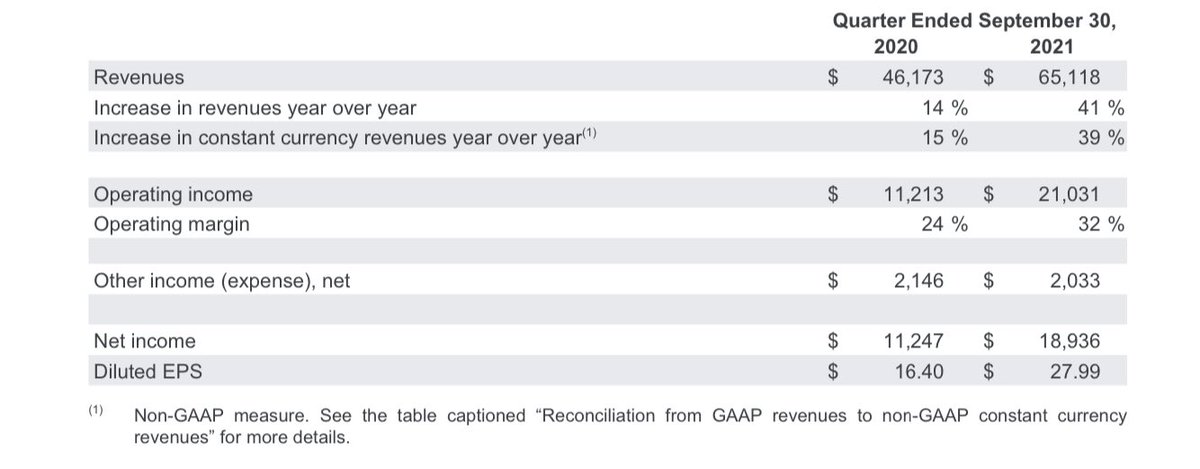Booking Holdings is the company the controls six main brands that comprise Booking.com, priceline.com, KAYAK, agoda.com, Rentalcars.com, and OpenTable. Over 76% of the company revenues in 2017 came primarily via travel reservations commisions and travel insurance fees. Almost 17% came from merchant fees, and the remaining revenues came from advertising earned via KAYAK. As a distribution strategy, the company spent over $4.5 billion in performance-based and brand advertising.
Booking Holding mission via six brands
Booking mission is “to help people experience the world.”
The six brands comprise:
- Booking.com: booking online accommodation reservations platform
- priceline.com: a hotel, rental car, airline ticket and vacation package reservation service in the US
- KAYAK: a meta-search service to search and compare travel itineraries and prices
- agoda.com: an accommodation reservation service primarily focused on the Asia-Pacific region
- Rentalcars.com: a worldwide rental car reservation service
- OpenTable: a provider of restaurant reservation and information services to consumers
How does Booking make money?

The three primary sources of income are broken down in three main segments:
- agency
- merchant
- Advertising and other revenues
Agency revenues
Those comprise revenues derived from travel-related transactions where Booking doesn’t facilitate payments for the travel services provided. It can be broken down in:
- travel reservation commissions;
- certain GDS reservation booking fees
- certain travel insurance fees
Merchant revenues
Those are revenues derived from services where Booking does facilitate payments for the travel services provided.
Advertising and other revenues
Those comprise revenues from:
- KAYAK for sending referrals to travel service providers and advertising placements
- OpenTable for reservation fees, and subscription fees
- priceline.com for advertising on its websites
- Booking.com’s BookingSuite branded accommodation marketing and business analytics services
The Booking business strategy
Booking focuses on a few key strategies to accomplish its mission:
- leverage on a large inventory of options and low prices
- creating a frictionless user experience to book travel destinations
- enable business partners to track their success via insight tools and platforms
- keep investing in enhancing the consumer experience
- partner up with travel service providers and restaurants
- maintain multiple brands
- investing a sustainable growth.
How does Booking acquire traffic to be monetized? The key is performance-based and brand advertising
Traffic acquisition is the key ingredient for any digital business. Also, tech giants like Google and Facebook need to focus their efforts in keeping the traffic acquisition cost stable over time to be able to monetize their pages and sites at a margin which is high enough to generate a sustainable business model.
Booking Holding has managed so far to do that via two main channels:
- performance advertising
- brand advertising
Performance advertising has proved a sustainable way to acquire traffic and not that far from the traffic acquisition cost rate other companies like Google have to sustain:

If we look at Booking Holding numbers, you can notice how the company spent in 2017 33.3% of its gross profit in performance advertising:

In 2017 Booking spent $4.1 billion in performance advertising channels generate a significant amount of traffic to Booking Holding websites. Those expenses primarily comprise
- search engine keyword purchases (mostly Google)
- referrals from meta-search and travel research websites
- affiliate programs
- other performance-based advertisements
Brand advertising spending was $392 million in 2017. Those expenses primarily consist of television advertising, online video advertising, and online display advertising.
Google is coming: Will Google threaten Booking business model?
Over the years Booking has been able to keep growing thanks to its expansion, acquisition of other brands, and its ability to create a sticky platform for its users. At the same time, most of the traffic that goes toward its sites comes from performance-based advertising, and a good chunk of it is paid traffic via Google.
As Google enters more and more into travel-related services (see Google Flights), it becomes harder for Booking to keep a competitive business model able to continue gaining traction. Therefore, Google does represent a threat for Booking sustainability in its business model.
Reference for the data: Booking Holding Annual Report 2017
Handpicked related articles:
- What Is a Business Model? 30 Successful Types of Business Models You Need to Know
- What Is a Business Model Canvas? Business Model Canvas Explained
- The Power of Google Business Model in a Nutshell
- How Does Google Make Money? It’s Not Just Advertising!
- Ok Google, Are You In Search Of A Business Model For Voice?
- The Future of Google: The Curse of Engineers Become Advertisers
- When The AI Meets Users’ Intent, Google Takes A Cut On Every Sale On Earth
- How Does DuckDuckGo Make Money? DuckDuckGo Business Model Explained
- Who Owns Google? Under The Hood Of The Tech Giant That Conquered The Web
- The Google of China: Baidu Business Model In A Nutshell
- How Does Twitter Make Money? Twitter Business Model In A Nutshell
- How Amazon Makes Money: Amazon Business Model in a Nutshell
-
How Does Netflix Make Money? Netflix Business Model Explained









